Tiny Houses & Building Permits
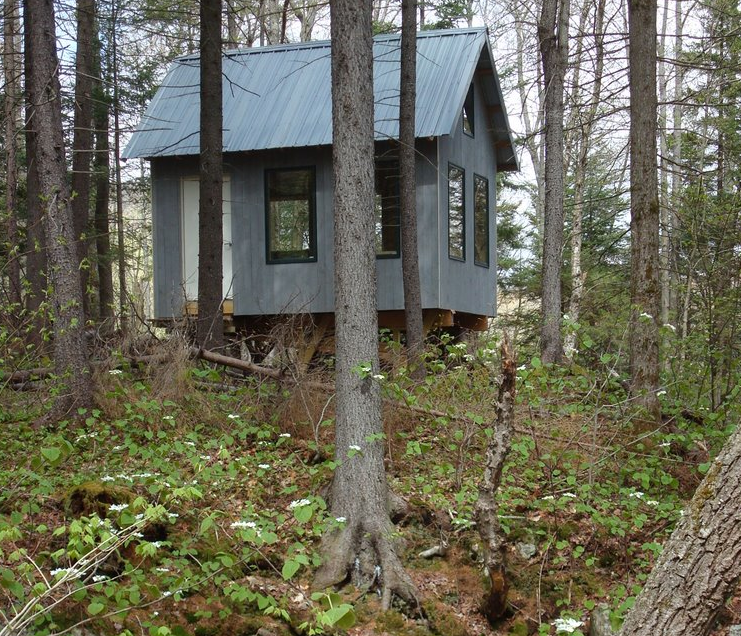
A tiny house on a trailer could cost less than the permits for a normal house. This recent post on building permits by Karl Ulrich shows exactly what permits and fees will cost him to build a normal house in his neck of the woods. Karl is also a tiny house owner-builder himself and has a small cabin that borders the Green Mountain National Forest in Vermont.
His Vermont cabin was built within the definition of a shed and cost less than $10,000 in materials. His normal house project will cost over $26,000 in permits and fees. Generally speaking the cost for permits ranges wildly from community to community and can vary even more widely depending on the size and type of structure. But you can see why a tiny house is an attractive option for many people when it is designed to preclude the need for permits.
This is not to say that a tiny house project is always exempt from permits and fees. Local codes and ordinances may apply, so check your local requirements. For safety reasons you should always build with the universal building code as a guide and know that obtaining insurance and financing for alternative housing can be more difficult. So tiny houses are not always housing nirvana, but learning more about this option can empower you with options you didn’t have before.
Three ways to avoid permits
- Build on a trailer. Trailers are typically out of the jurisdiction of planning departments. Local laws and ordinances may still apply since the house will often be looked upon as a travel trailer by authorities. Living and camping in a travel trailer is not always allowed, even on your own land.
- Build within the definition of a shed. This often means that living in the structure is not technically permitted. Many backyard home offices are legally built this way, but check your local laws to inform your choices before choosing to live there.
- Choose a region that just doesn’t meddle in your housing choices. They are out there and I wish I could point you to a resource that highlighted communities that are alternative housing friendly. It seems that parts of Vermont, Texas and Missouri come up in conversation often but I suspect this is just the tip of the iceberg.
Pictured here is a Tumbleweed Fencl which typically costs about $23,000 in materials for an owner-builder to build themselves. Tumbleweeds are considered by many to be one of the finest tiny homes you can buy or build. But even using this premium tiny house as a comparison, it’s easy to see why tiny houses are quickly becoming an icon of freedom.

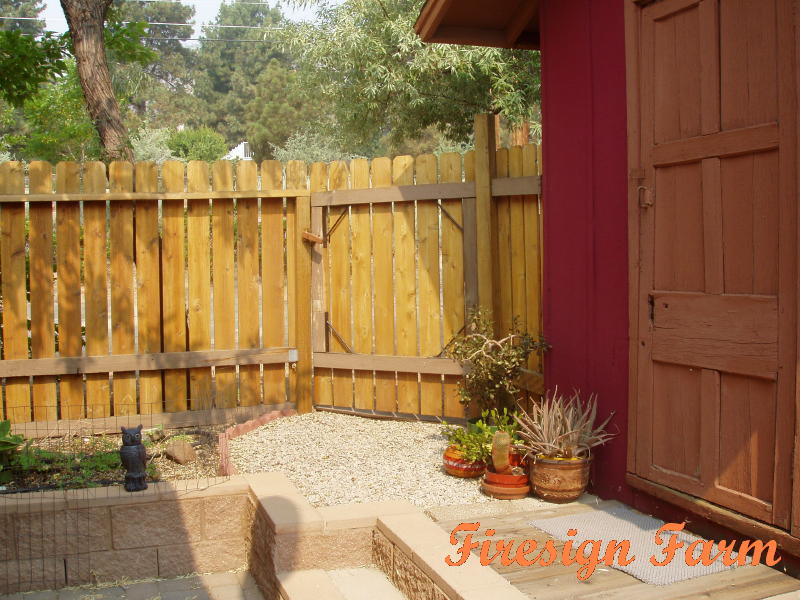
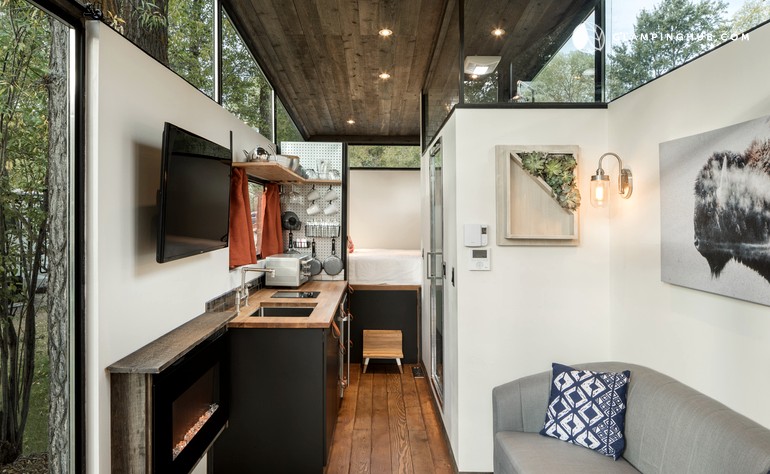
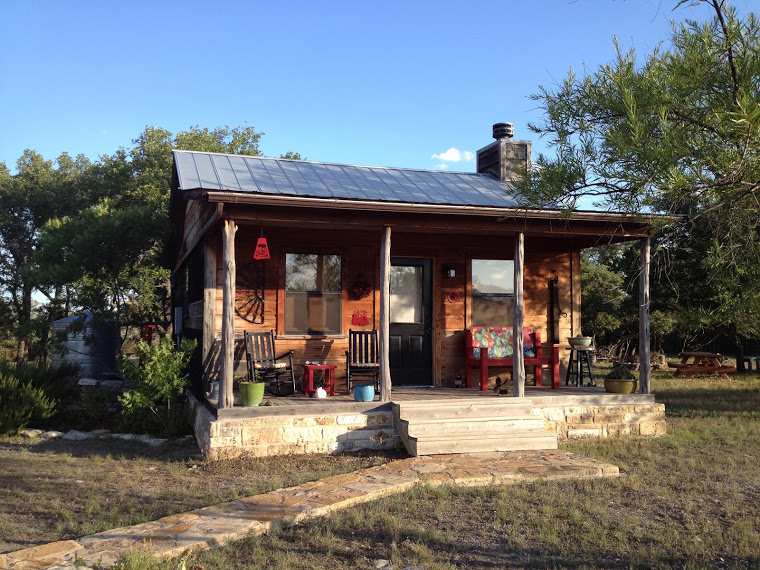
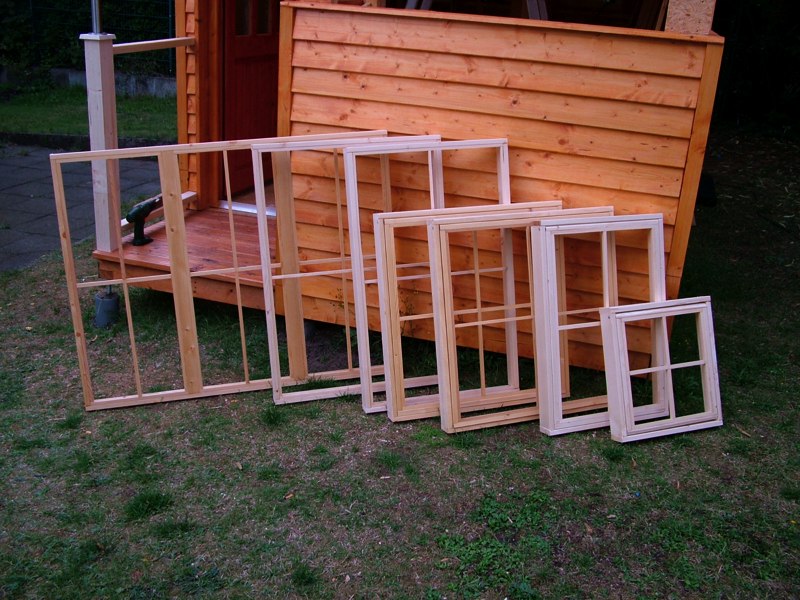
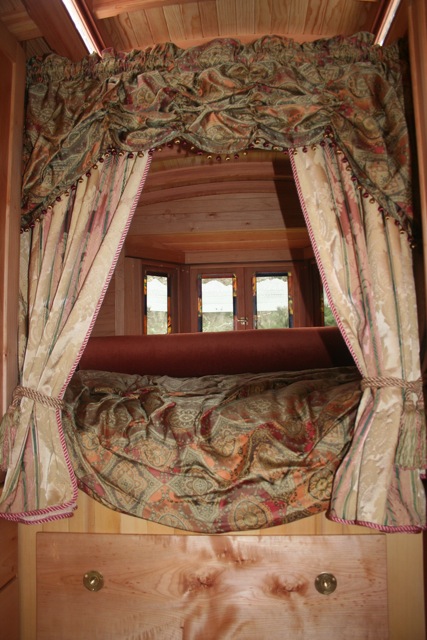
Citizens of some states feel that they have the best place to live and they don’t want to share it especially with people of lesser means. It’s sort of there goes the neighborhood type thing. Not very American in my opinion, but very human.
Wouldn’t buying an RV be a lot more simple?
You can buy tiny Rv’s for less than $25,000 and they are on a trailer.
I do love the tiny houses though.
Yes and RV or travel trailer is simpler and lighter in weight. Tiny houses have a bit of a different appeal and since they are built like houses have a different feel and are heavier and harder to tow. They are probably better for someone who doesn’t travel a lot but wants the size of a trailer and feel of a house.
Yes…an RV might be “more simple”…but, try living in an RV in the winter here in MN!! So, and RV is climate orientated! And, an RV feels like an RV….both the simple models and the ones with all the bling. Where as, a tiny house feels like a real home…maybe just a little smaller in size. It can also have the required insulation for both cold and hot climates.
$26,000 in permits and fees, thank you for clarifying that these are for the main house. The operative here is fees “I hope” and is that for municipal hook ups, roads and green space. I have played in a lot of areas but never built a new home on vacant land. I don’t feel that is a lot for the main house, depending on the size of course and I hope its large. This would be ludicrous for a home under $$300,000 in my opinion and I know a $300,000 home is not much where I have lived. I own one that is valued higher than that but I wouldn’t buy it now if I had to. I fell it is worth less than the appraised value but am not going to argue when I get what they say I should, but its nuts.
#4 Buy an existing micro home or cabin built before the zoning laws forbidding small size were in place, rural-wise (not sure about cities) most new zoning laws are grandfathered in. Just keep in mind you likely won’t be able to attach on a little room or more without “bringing it up to code.” At least, it would be a fight with bylaw officials that might not end with an okay.
How can you find out about permit fees and property tax guidelines BEFORE you have it all planned. This info almost seems like it’s a secret until the assessor shows up!
States and Counties usually publish this online.